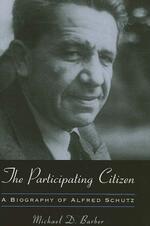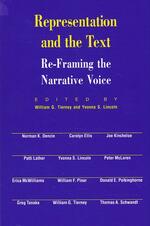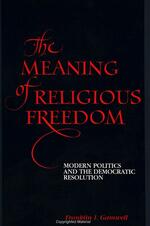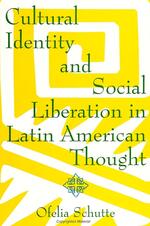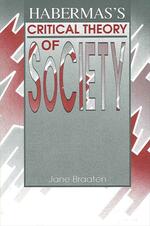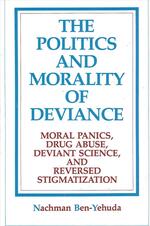Philosophy of the Social Sciences
The Best Kind of College
Small college professors from across the United States explain why liberal arts institutions remain the gold standard for higher education.
Philosophical Perspectives on Punishment, Second Edition
Historical and contemporary philosophical writings on punishment.
The Idolatry of the Actual
Reinvigorates Jürgen Habermas’ early critical theory.
Mimesis and Reason
Excavates the experiential structure of Habermas’s communicative action.
Dreams in Exile
Examines the influence of Aristotle and Kant on the nineteenth-century social theory of Marx, Durkheim, and Weber.
Postphenomenology and Technoscience
Maps the future of phenomenological thought, accounting for how technology expands our means of experiencing the world.
The Participating Citizen
An in-depth biography of the philosopher who brought phenomenology to the social sciences.
Articulated Experiences
Analyzes new social movements and their ramifications for social and political theory.
Between Reason and History
The first book-length treatment in English of Habermas’s theory of social evolution and progress.
Representation and the Text
Focuses on authorial representations of contested reality in qualitative research.
The Meaning of Religious Freedom
This is the most thorough philosophical analysis available of the principle of religious freedom. It draws on the thought of philosophers and political theorists (Rawls, Habermas, Murray, Rorty, Greenawalt, and Mead) rather than on the framers of the Constitution and the Bill of Rights.
Identification and Character
This book tells the reader all about psychological identification, the single most important process for becoming, maintaining, or changing who we are as characters. The book's emphasis, though, is decidedly ...
Ideology and False Consciousness
In this book Christopher Pines demonstrates that Karl Marx conceived of ideology as false consciousness. He shows how the different meanings of false consciousness found in the writings of Marx and Engels ...
Cultural Identity and Social Liberation in Latin American Thought
This book defines the relationship between liberation and cultural identity in the Latin American social reality--from a historically rooted, critical philosophy. Schutte explores the connections between ...
Habermas's Critical Theory of Society
This book provides an understanding of the content and aims of Habermas's critical theory of society — the theory that analyzes the causes of our cultural lack of direction, polical apathy, and the ...
Video Icons & Values
This book focuses on the most powerful agency of value formation in our time — the video image as purveyed through television and mass media. Special attention is given to the impact of television on ...
Social Sensitivity
The author develops a phenomenological theory of the social structure of immediate experience. At the heart of this study is a theory of habitual sensitivity that originates in the writings of Maurice ...
The Logic of Marx's Capital
Beginning with "value" and "commodity" at the start of Volume I in Marx's major work, and progressing step-by-step to the end of Volume III, Smith establishes in detail that Capital is a systematic theory ...
The AIDS Notebooks
This book reflects on the meaning of contemporary life in the light of diverse social reactions to AIDS. Drawing on personal interviews with gay men in Montreal, newspaper reports, government action, ...
The Politics and Morality of Deviance
The Politics and Morality of Deviance develops a theoretical framework and then applies it to four different and specific case studies in an explicit attempt to put the sociology of deviance back into ...






